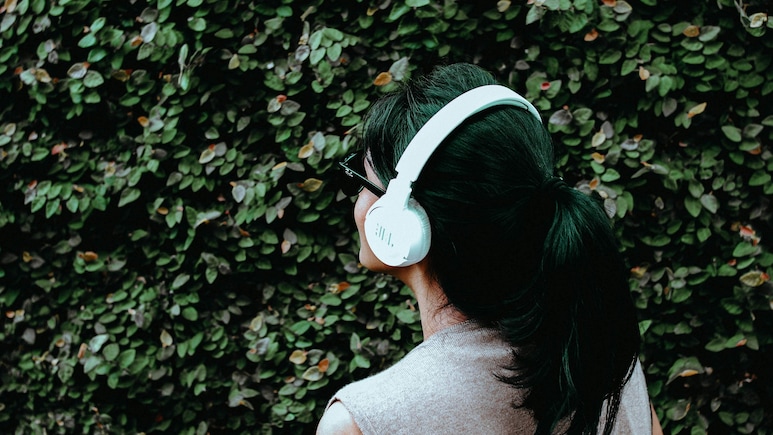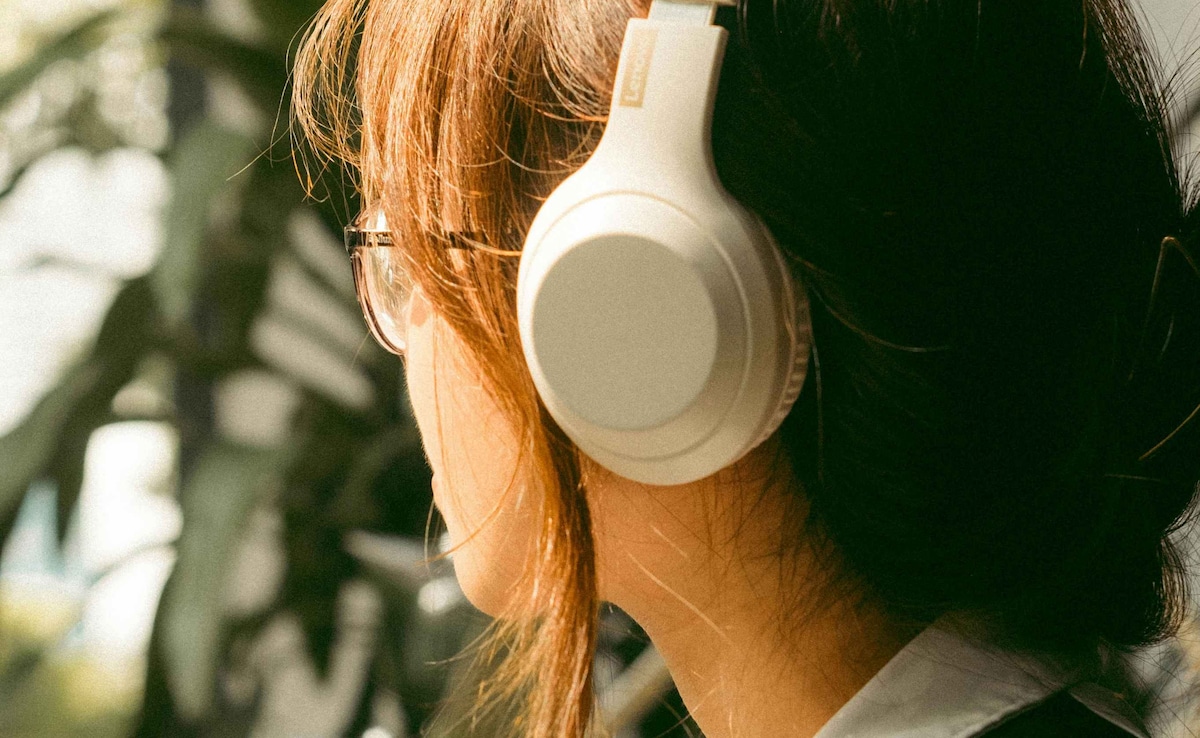
"I used AirPods with noise cancellation every single day, thinking it was harmless. But now, I'm living with partial hearing loss, a condition that's almost impossible to reverse if not caught in time," says 24-year-old entrepreneur Prachi Patel on her Instagram.
She further shares that despite undergoing multiple MRIs, CT scans and tests that came back normal, doctors eventually linked her hearing loss (20% in one ear and 30% in the other) and tinnitus to prolonged earbud use.
Prachi further recalls, "Whenever I used noise cancellation, I felt this suction-like pressure - as if my ears were sealed shut by the silicone tips. Later I learned it's not actual suction, but just the feeling because air is trapped when your ears are tightly sealed. That sealed effect isn't harmful by itself - the real danger is when you listen to loud music for long hours in that closed space."
Her warning is simple but urgent: protect your ears and even "throw away your earphones".
What Are Experts Saying
According to Dr Atul Kumar Mittal, Principal Director, ENT, Fortis Memorial Research Institute, Gurugram, noise-cancelling earphones do not directly cause deafness. In fact, they can be safer than regular earphones because they reduce the need to increase volume in noisy environments.
Dr Anish Gupta, Director, ENT, CK Birla Hospital, Gurugram, agrees. He explains that active noise cancellation (ANC) works by creating anti-noise sound waves that cancel out external sounds. The technology itself is safe. The risk arises when users listen at high volumes for long periods, which can trigger noise-induced hearing loss.
But there's a catch.
How It Impacts Your Ears
Noise cancellation lowers background noise, allowing you to keep the volume down - a big plus for your hearing. However, there are some side effects to consider.
Dr Gupta notes that some people feel pressure or mild dizziness when using ANC because the brain interprets the lack of environmental noise in an unusual way. These effects are temporary and generally harmless.
Other possible issues include according to experts:
- Ear pressure: A suction-like sensation or discomfort when using ANC for too long.
- Ear health concerns: Prolonged use can trap moisture and heat, sometimes leading to irritation or infections.
- Psychological effects: Blocking out ambient sounds all day can heighten feelings of isolation or stress in some users.
- Hearing dependency: Over time, you may become overly sensitive to noisy environments without your headphones.
Should You Avoid Noise-Cancelling Headphones
The experts say no. In fact, noise-cancelling headphones are often a better option than regular ones because you don't have to crank up the volume to compete with outside noise.

Noise cancellation lowers background noise, allowing you to keep the volume down. Photo: Unsplash
But moderation is key. Dr Mittal advises limiting long usage, especially in children and teenagers. Dr Gupta recommends following the "60/60 rule": listen at no more than 60% of maximum volume, for no longer than 60 minutes at a time.
Ear Care Tips To Protect Your Hearing
- Give your ears rest after long stretches of headphone use.
- Use noise-cancelling headphones instead of blasting volume in noisy places.
- Never insert earbuds or cotton swabs deep into the ear canal.
- Watch out for early signs of damage: ringing in the ears, muffled hearing, or difficulty following conversations. See an ENT specialist if these symptoms persist.
Bottomline
Noise-cancelling earphones by themselves don't damage your ears - in fact, they can help you listen at safer levels. The real risk is how you use them. Long hours, high volumes and ignoring your ears' need for rest can quietly chip away at your hearing.
As Prachi's story reminds us, your ears are irreplaceable. Use your gadgets wisely, keep the volume down, and never forget to give your hearing the break it deserves.
Track Latest News Live on NDTV.com and get news updates from India and around the world

